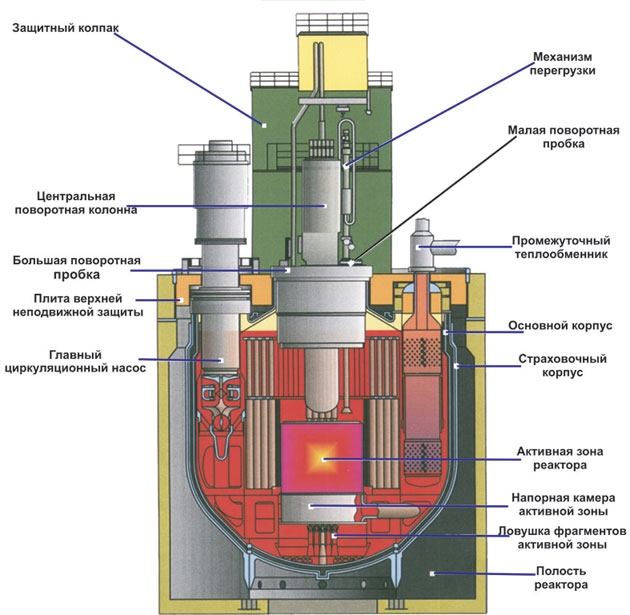In “1989”, Mary Elise Sarotte questions the factors at play in the fall of the Soviet Union. In her first chapter, she discusses the changes that occurred in 1989 and argues that the Soviet Union’s collapse was propelled as a result of changes within the Soviet Union’s internal status quo, unstable relations with between Americans and Soviet politicians, and changing international relations in Europe. She also points to the looming fear of nuclear warfare that characterized the Cold War and defined the era in general. She argues that “technology of both weapons and surveillance [as a result of constant threat of nuclear war]…created a unique era” (Sarotte 13). This fear led to both the United States and the Soviet Union to negotiate arms treaties and nuclear disarmament programs. These discussions were led by Reagan and Gorbachev in the 1980s and was considered internationally to be a step towards better cooperation between the two superpowers. However, despite these advances in foreign policy and relations, “the [American] public wanted more” (Sarotte 15). Sarotte argues that this step towards nuclear disarmament was perceived by subsequent president Bush as a policy in the United States’ foreign policy towards the Soviet Union, thus leading bush to refocus his political aggression back on the Soviet Union. However, Sarotte goes on to show that a European stance towards non-violence had cultivated by 1989, and thus the fear of nuclear warfare was dissipated.
In her analysis of the factors that contributed to the fall of the Soviet Union, Sarotte paints Gorbachev as a progressive leader trying to “producing a better socialism, not an imitation of social democracy” (Sarotte 14) whose reforms were stalled by Bush’s shift in his policy towards the USSR. She also claimed that Gorbachev’s new thinking policy, well-intentioned as it was, was not able to withstand the demands that it set upon itself. She claims that this policy “raised expectations among the broader population that he could not fulfill” (Sarotte 15). Openness, the opportunity to voice concerns and the doors to opposition were opened. This led to a rise of opposition parties throughout Eastern Europe, and this newly harnessed freedom gave rise to a national self-confidence (in East Germany and Eastern Europe) that led to the collapse of the Berlin Wall.
Is Sarotte implying that the collapse of the Soviet Union was inevitable? How instrumental was Gorbachev in this collapse and how much of it was due to the underlying problems that had been stacked on top of each other for the preceding 60 years?

